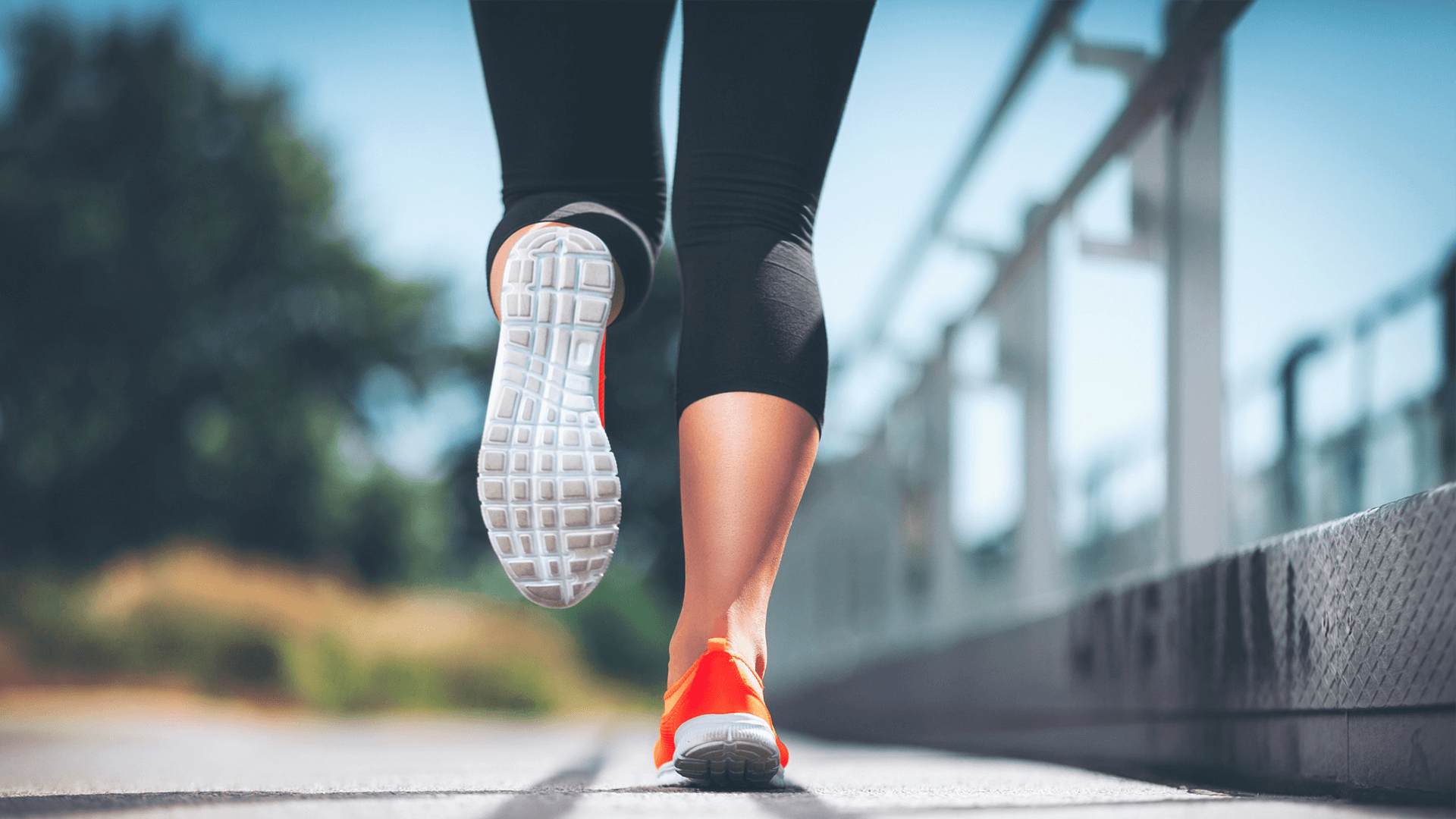“Not long ago a friend of mine raved about how exercise is a cure-all to increasing energy and getting a natural high. I’ve heard of the “runner’s high” but wasn’t sure if it’s real. Can you shed some light on why we get a sense of euphoria after exercise?” — Mary M.
For many people, exercise improves mood, calms them, and produces a sense of well-being. This is an important benefit of exercise and provides positive feedback that encourages us to remain active and consistently look for ways to challenge ourselves. Aside from the obvious benefits of consistent exercise, being active has been proven to relieve depression and contribute toward mental health.
But what about that sense of euphoria, often called “runner’s high,” which gets some people hooked on exercise? This notion became popular in the 1970s, and many runners – as well as other exercisers – swear that the “high” does occur. But many never experience it, no matter how hard they work out, while others have it only occasionally, and still others experience something like it when doing even low-intensity exercise. The original theory behind runner’s high is now in doubt.
The endorphin theory
What’s behind runner’s high, it was thought, are endorphins, opiate-like chemicals in the nervous system that act as our natural painkillers. Indeed, levels of a variety of endorphins do rise, at least in the blood, during intense bouts of exercise. But there’s still no good evidence that endorphins cause mood changes after exercise – and even less that they can make people “addicted” to their workouts.
Yes, many people do experience intense changes in mood, even euphoria, during intense, usually aerobic, exercise and for a few hours afterwards. But there are other, better theories why this may happen. Researchers have found that exercise can increase levels of other brain chemicals, notably dopamine, norepinephrine, and serotonin, which are known mood boosters.
Psychology also comes into play. Any type of exercise – from running and swimming to weight lifting and yoga – can provide a sense of control and accomplishment. It can serve as a distraction or time-out from daily anxieties and concerns. Some exercisers feel great because of the social contact, others because their workouts let them be alone.
Words to the wise: Not everyone gets “high” or exhilarated from exercise. There are all sorts of potential pleasures involved. But if you are not getting any pleasure from your workouts, try a different activity or location. Running on a treadmill may not be as rewarding as hiking in the woods. If you belong to a gym, invest in some training time, and learn to use different equipment. If you always work out intensely, see what happens when you alternate moderate exercise with short bursts at a higher intensity. But ultimately, even if your workouts don’t improve your mood, keep in mind that they are still making you healthier.
_______________
Robert Ferguson is a nutritionist, researcher, best-selling author, speaker, host, NAACP nominee, creator of the Diet Free Life methodology, and Chief Nutrition Officer at iCoura Health, Inc., who serves on the Presidential Task Force on Obesity for the National Medical Association. E-mail him at robert@dietfreelife.com, or visit his Web site at https://dietfreelife.com.


0 Comments